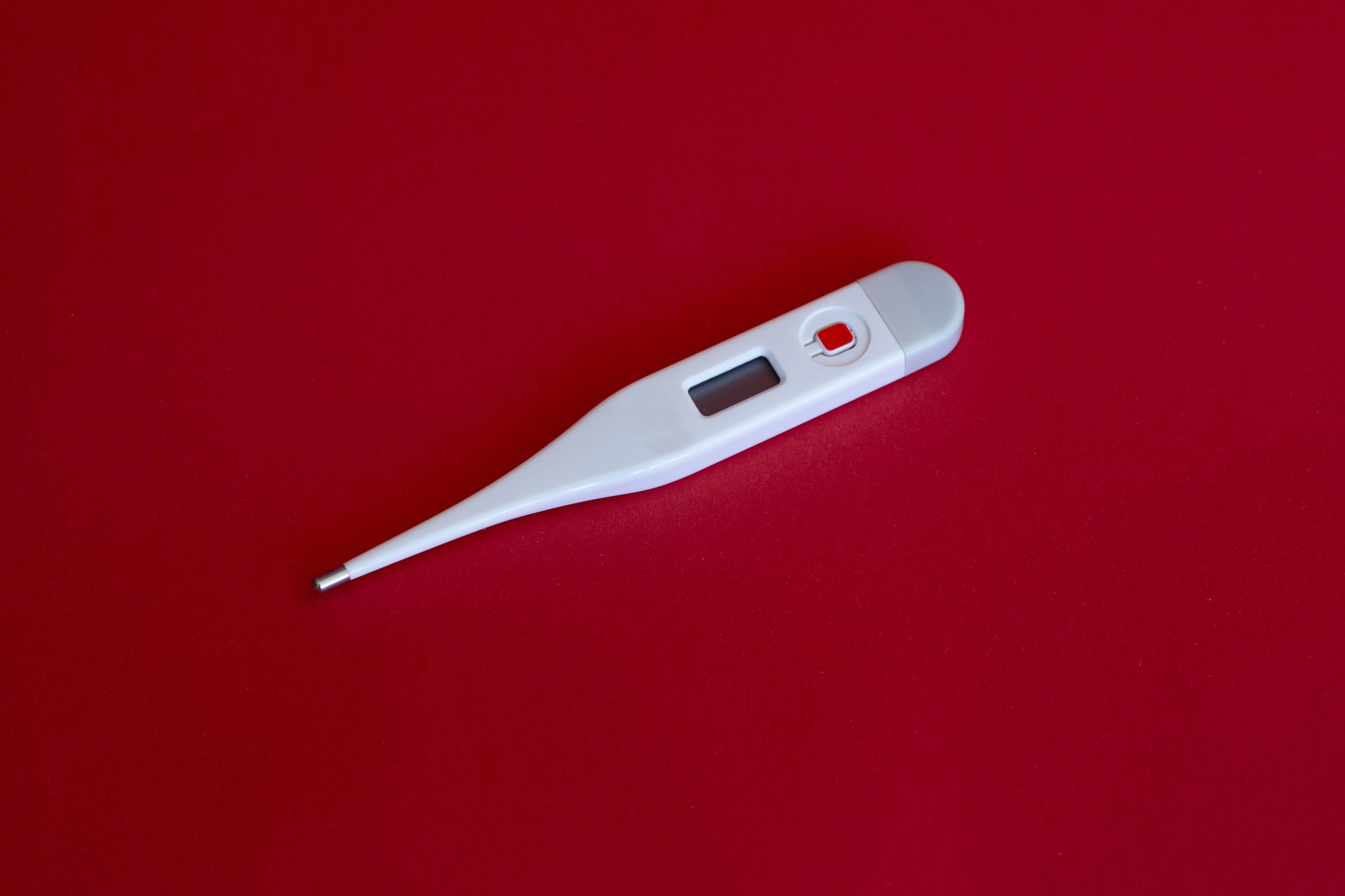Patients, sick care workers and organizations in our dysfunctional sick care system of systems were left vulnerable to the pandemic, something many experts predicted, but whose warnings went unheeded.
But, eventually, the parts of the biomedical industrial and educational complex will either die or recover to some degree and need weeks, if not months, of post-discharge care and rehabilitation to rebuild their immunity as things gradually come back to some semblance of the new normal.
Public policy experts are already planning for how cities should recover.
Here are some places where we need post acute care discharge care pathways now to accelerate healing and recovery and build immunity to prevent post discharge readmission when we see the next wave of disease:
- Hospital and non-hospital care facilities, like ERs, urgent care centers, pharmacies, and , yes, pot shops and liquor stores that have been designated essential industries.
- Rural health facilities.
- Higher ed,graduate schools, health professional graduate schools and residency training programs.
- Biopharma , medtech and medical supply chains and innovation.
- The clinical trial value chain.
- Biomedical and clinical innovation and entrepreneurship clusters.
- Nursing homes and long term care facilities.
- Federally run care facilities like the VA, the Indian Health Service and the Public Health Service.
- Ambulatory surgery and office based surgery centers.
- Post graduate health related programs in business schools, schools of public health and health administration programs.
It is likely that the demand for services will dry up for a while and it won't be business as usual after the Coronapocalypse. High school students will reconsider college. Patients will reconsider going to brick and mortar facilities. Medical schools will have to reinvent themselves. Retiring doctors will rewire doing remote, online work and many younger docs will rethink long clinical careers. And, the entire system might finally figure out now to stop wasting close to a trillion dollars in sick care spending every year.
The economy is in the ICU, not just thousands of patients. Long-term morbidity, in the forms of cognitive, physical and psychological impairments, has significant consequences for survivors of critical illness and for their caregivers. ICU patients may develop PTSD anchored to their critical illness experience, with ICU-related PTSD incidence rates of 10%. Using ICU diaries during a critical illness may minimize the occurrence of future ICU-related PTSD. The same could happen to those on the front lines of the pandemic when they come back home.
Like the virus itself, the highest mortality rates in the biomedical industrial and educational complex will be in those with compromised immune systems that can't fight the forces of change to their models and revenue streams. Those that survive, unfortunately, will not develop antibodies to the next wave of illness, that most likely will happen, it they do not fortify their defenses as they recover. The challenge is that, except in a national emergency, corporate immune systems are very effective at snuffing our innovation, not the pervasive systemic and operational effects of the new corona virus.
Arlen Meyers, MD, MBA is the President and CEO of the Society of Physician Entrepreneurs on Twitter@ArlenMD and Facebook.



Leave your comments
Post comment as a guest